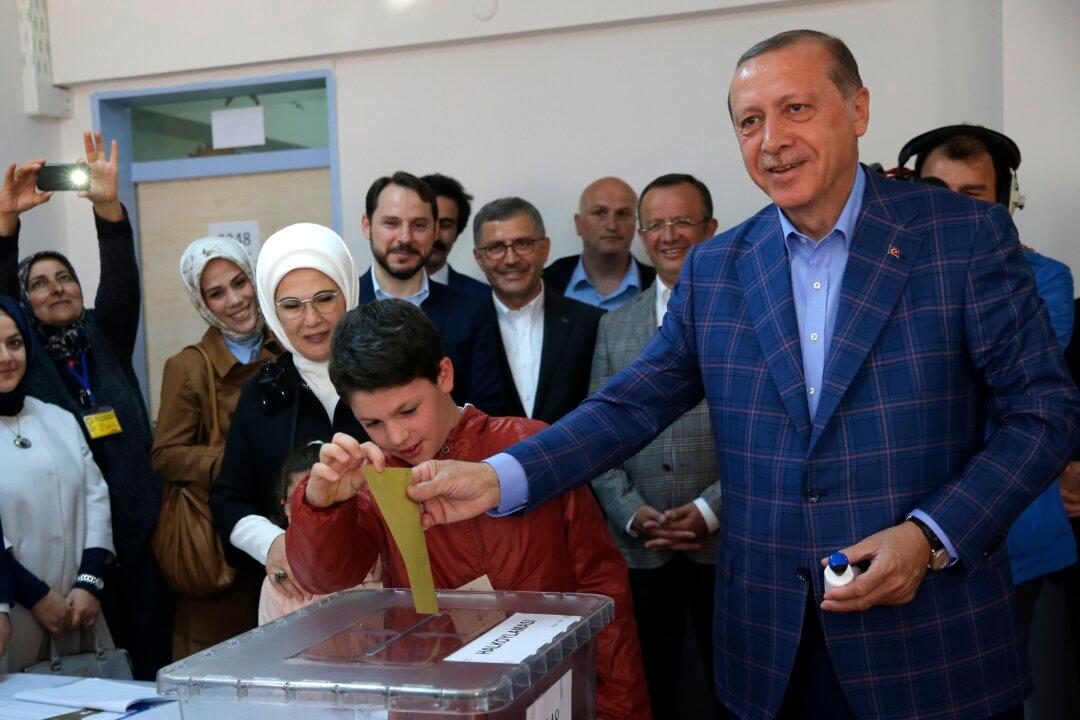For almost a century, Turkey has been an internationally-admired Muslim-majority democracy. Under its World War 1 hero and founder, Mustafa Kemal Atatürk, Turks obtained full independence in 1923, and later the rule of law, universal literacy, separation of state and religion, rights for women, and NATO membership.
Recep Tayyip Erdoğan and his AKP party were for years impressive. He was elected mayor of Istanbul (1994), prime minister (2003-2014) and president (2014). The economy improved markedly from 2003-2008; he temporarily wound down a 30-year conflict with Turkey’s 15-million-strong Kurdish community, which had cost an estimated 40,000 lives; and accepted 2.5 million refugees from Bashar al-Assad’s Syria.





